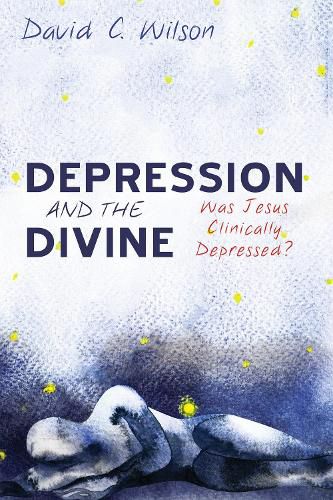Readings Newsletter
Become a Readings Member to make your shopping experience even easier.
Sign in or sign up for free!
You’re not far away from qualifying for FREE standard shipping within Australia
You’ve qualified for FREE standard shipping within Australia
The cart is loading…






This title is printed to order. This book may have been self-published. If so, we cannot guarantee the quality of the content. In the main most books will have gone through the editing process however some may not. We therefore suggest that you be aware of this before ordering this book. If in doubt check either the author or publisher’s details as we are unable to accept any returns unless they are faulty. Please contact us if you have any questions.
David Wilson's initial research into the phenomenon of prophecy in the Hebrew Bible suggested that many of the passages featuring prophets, and hitherto considered to be bizarre myths (or much-edited collections of traditions) were, in fact, sequences of dreams. Moreover, it was possible to compare the structure of these sequences with the structure of a night's sleep (hypnogram)--as revealed by modern sleep research--to demonstrate that the "sleeper" was depressed. This characteristic, depressive sleep architecture was then used to show that three characters in particular, Elijah, Jonah, and Adam--compared in the New Testament with Jesus--were all, in fact, depressed. Quite naturally, this raised further questions concerning the nature of Jesus himself: Was he merely a prophet? If he wasn't, how did he differ? If he was depressed, how was he able to function (and succeed in his mission) when Elijah and Jonah clearly had such great difficulties? These and other questions are raised throughout this book, and many of them are not new, but they are, however, changed forever when asked against a contextual background of altered states of consciousness (ASCs), and dreamform in particular.
$9.00 standard shipping within Australia
FREE standard shipping within Australia for orders over $100.00
Express & International shipping calculated at checkout
This title is printed to order. This book may have been self-published. If so, we cannot guarantee the quality of the content. In the main most books will have gone through the editing process however some may not. We therefore suggest that you be aware of this before ordering this book. If in doubt check either the author or publisher’s details as we are unable to accept any returns unless they are faulty. Please contact us if you have any questions.
David Wilson's initial research into the phenomenon of prophecy in the Hebrew Bible suggested that many of the passages featuring prophets, and hitherto considered to be bizarre myths (or much-edited collections of traditions) were, in fact, sequences of dreams. Moreover, it was possible to compare the structure of these sequences with the structure of a night's sleep (hypnogram)--as revealed by modern sleep research--to demonstrate that the "sleeper" was depressed. This characteristic, depressive sleep architecture was then used to show that three characters in particular, Elijah, Jonah, and Adam--compared in the New Testament with Jesus--were all, in fact, depressed. Quite naturally, this raised further questions concerning the nature of Jesus himself: Was he merely a prophet? If he wasn't, how did he differ? If he was depressed, how was he able to function (and succeed in his mission) when Elijah and Jonah clearly had such great difficulties? These and other questions are raised throughout this book, and many of them are not new, but they are, however, changed forever when asked against a contextual background of altered states of consciousness (ASCs), and dreamform in particular.